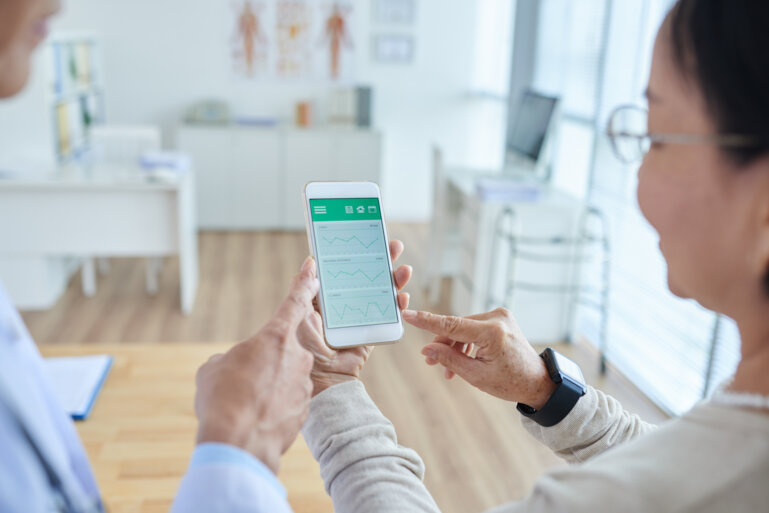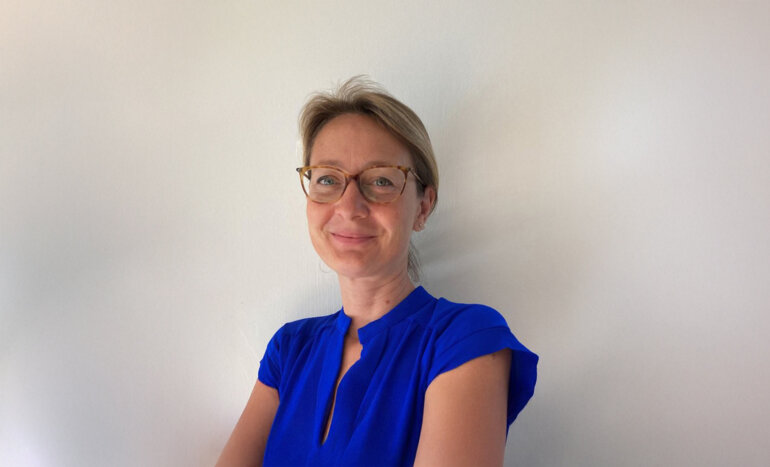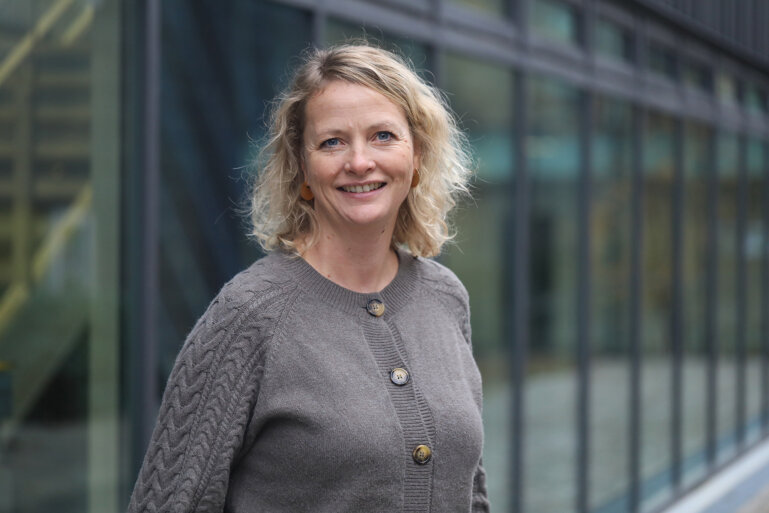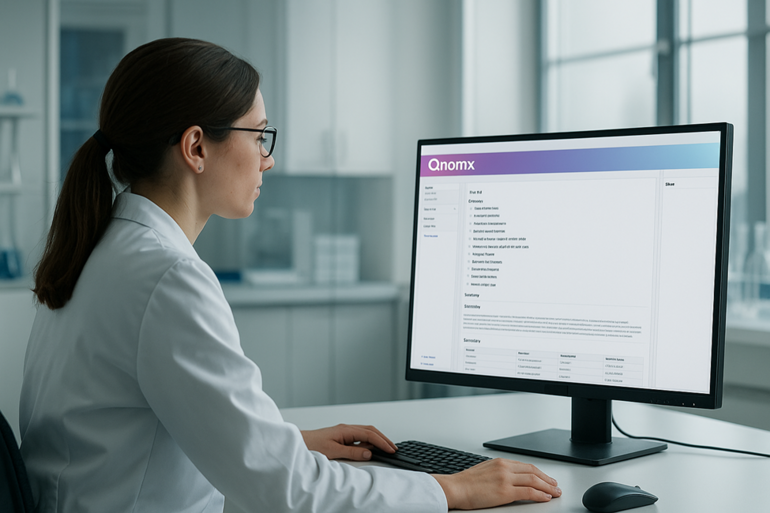Real world experience suggests that the integration of digital tools into cancer care may close current gaps in patient outcomes reporting
While artificial intelligence (AI) is rapidly reshaping the oncology landscape by offering tools that may ease workflows in clinical settings, it is also making patients’ voices more central in cancer care. In recent years, a growing body of randomised prospective research has shown that remote patient monitoring (RPM), which involves digital solutions to collect medical data from patients outside of traditional clinical settings during or after treatment, leads to a timely and more accurate symptom notification that reduces the rate of severe toxicities (Nat Med. 2022 Jun;28(6):1224-1231), hospital admissions and emergency department visits, while improving survival outcomes (JAMA. 2017 Jul 11;318(2):197-198), with a significant positive impact on quality of life (QoL) and healthcare costs (JCO Clin Cancer Inform. 2023 Sep:7:e2300182).
Based on this scientific evidence, in 2022 ESMO released a clinical practice guideline for the adoption of patient reporting outcome measures (PROMs) in clinical practice, and also recommended the use of electronic platforms rather than paper-based questionnaires for data collection, whenever possible (Ann Oncol. 2022 Sep;33(9):878-892 ).
Dr Charles Ferté, Chief Medical & Patient Officer of Resilience, a remote patient-monitoring solution co-developed with the Institut Gustave Roussy, Villejuif, France, is convinced that an AI-enabled approach may help close some limitations in the use of patient reported outcomes (PROs) in oncology. “About half of the adverse events experienced by cancer patients during treatment is neglected or not reported in electronic health records (EHR) due to a recall bias, i.e., patients often forget or underreport their symptoms, and a healthcare workforce that, being overwhelmed, tend to focus primarily on severe adverse events. As a consequence, milder but persistent symptoms, which can lead to treatment interruptions, dose reductions or discontinuation, are frequently overlooked, ultimately impacting treatment efficacy and survival outcomes.”
The Resilience solution consists of a web-based interface for nurses and physicians –through which they can track symptom progression and are alerted if any issue arises–, and a mobile application for patient used to share data via electronic questionnaires in a timely manner. Patient data are then processed by AI-based algorithms and translated into relevant information for the oncology team, enabling earlier interventions and care optimisation. “While the patient interaction with the app is crucial, it captures only part of the picture. A large portion of the relevant clinical information remains in the EHR, which is often unstructured,” explains Ferté. To address this issue, he adds, Resilience recently acquired Gimli, a natural language processing (NLP) solution that extracts and organises data from EHRs including physician notes or biology lab results. “We are now integrating this capability to streamline care workflows such as pre-approval for outpatient chemotherapy to further improve the healthcare practitioner’s experience. Building on this, we have also developed and deployed an AI-based predictor of severe adverse events and unplanned hospitalisations. This tool is now integrated into nursing workflows, helping teams anticipate complications and proactively adjust care plans,” he says.
Beyond the digital divide
The quality of PRO digital data relies on users consistently providing accurate input, with incomplete responses risking undermining the reliability of any questionnaire. Patient engagement is therefore paramount. Research has shown that patients have generally positive attitudes towards remote digital monitoring (Ann Oncol. 2024 Sep; 35(9): S1173), opening up novel opportunities for mobile health (mHealth) technologies in oncology. “In our experience, patient adherence to weekly in-app questionnaires has been remarkable, with usage rates up to 85% and high scores across all performance metrics including the Net Promoter Score (NPS),” adds Ferté. “We receive hundreds of messages from patients each week, expressing how the tool feels like a lifeline to them.”
Whereas at initial stages of digital oncology it was believed that only younger patients would embrace digital solutions, it has become evident that there is a broader acceptance of these tools among people of all ages (JMIR Mhealth Uhealth. 2018;6:e10026). As presented at the International Society of Geriatric Oncology (SIOG) Annual Conference 2024, a study evaluating the implementation of the Resilience RPM tool for 3,137 older adults undergoing anticancer treatment in 58 healthcare institutions in France and Belgium found no age-related differences in the uptake of the mHealth solution (J Geriatr Oncol. 2024, Oct;Vol 15, Issue 7, Suppl 1;101947).
Similar findings have been reported regarding digital literacy – i.e. the ability to find, create and critically engage with information by using digital technologies –, which has been traditionally considered a major barrier to implementing technology-based solutions for patients. “Identifying patients with adequate digital literacy is inherently challenging. Among those who were prescribed our app, approximately 17–20% self-reported low digital literacy,” continues Ferté. “Encouragingly, we observed no differences in symptom reduction, quality of life, or PROM between these patients and the rest of the population involved.”
Using the mobile app as a large-scale screening tool, we can identify patients who may benefit from a hybrid care model that combines digital tools with in-person supportive care, including behavioural and cognitive therapy. Also, overcoming the digital divide offers the opportunity to expand the scope of RPM beyond symptom tracking during treatment, and integrate assessments of social and behavioural determinants of health, such as isolation, employment status, education, access to care, addictions, physical activity, financial or food insecurity.
Novel opportunities for real world research
By collecting continuous, real-world data directly from patients, RPM value may extend beyond routine cancer care. Within the Resilience project, for instance, a large database including data from more than 20,000 patients across 140 hospitals in France, Belgium, Germany and Spain has been created, with the promise of further expansion. “We are not collecting data for the sake of it: we are collecting data with the purpose of a better and personalised care, to deliver to patients and their healthcare providers more value than what we take from them,” clarifies Ferté, adding that having more data enables innovative approaches in clinical research. “For example, this real-world evidence database can be used for synthetic control arms or target trials emulation.”
Since there is no intelligence without training, and no training without data, a next frontier to explore in oncology is digital phenotyping, which involves the passive collection of data such as step count, gait speed, or balance, using sensors already built into smartphones, like the gyroscope.
“For example, how a patient handles the smartphone can vary when they are experiencing nausea, fatigue, or chemotherapy-induced neuropathy. These changes can reveal a lot about a patient’s physical and cognitive status, and assessed within an RPM programme,” explains Ferté who, with his team, is now piloting also voice and facial analysis through passive data collection.
This further evolution of AI-based large datasets analysis signals a future where the continuum of cancer care may rely not only on patients and professionals’ active involvement, but also on the unspoken dimension of the patient experience.
AI & Digital Oncology: Resources in one place
Looking for further insights into how artificial intelligence and digital tools are impacting oncology? The ESMO AI & Digital Oncology Hub brings together expert perspectives, research updates, and thought leadership from across oncology.
It is a space where you can stay informed, discover resources, and follow the conversation on digital innovation in cancer research and treatment.
To further explore the transformative potential of AI in oncology, the very first ESMO AI and Digital Oncology Congress 2025, taking place from 12 to 14 November, will provide a dedicated platform focused on the latest advances in AI and digital technologies in cancer care.






